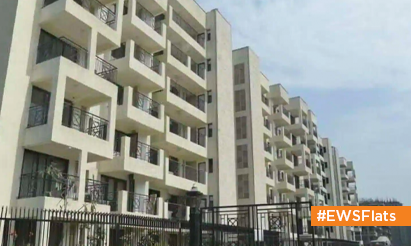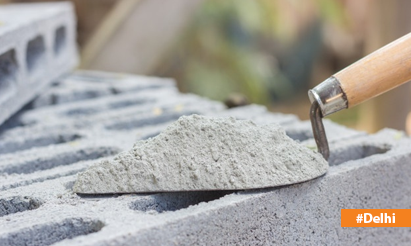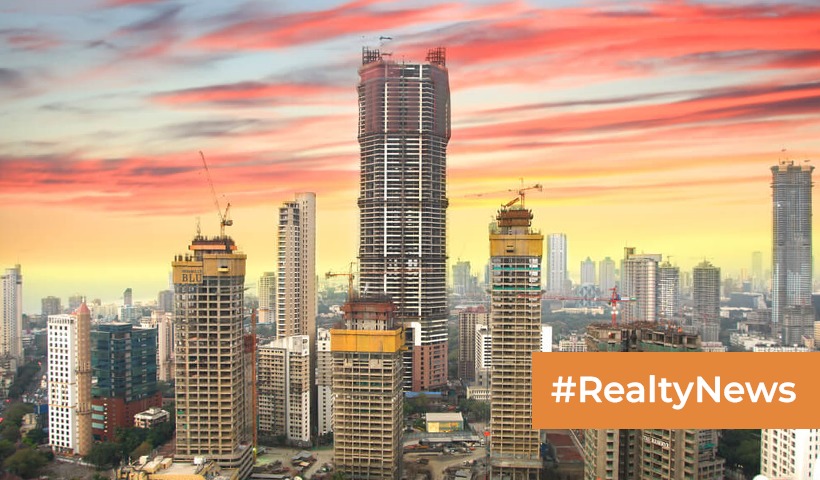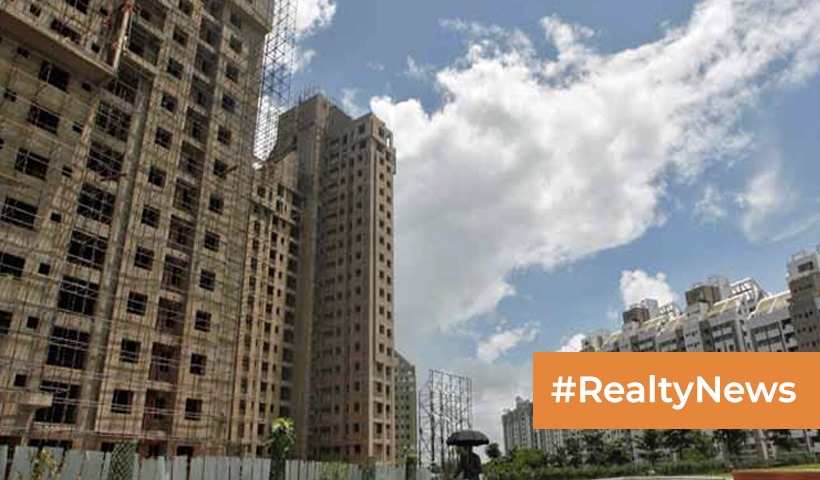GRAP Stage III limitations lifted in Delhi NCR as air quality improves!
The Central Government’s air quality body has lifted limits set under Stage III of the Graded Response Action Plan due to a considerable improvement in the average Air Quality Index (AQI) of the Delhi NCR (GRAP). When the air quality fell into the ‘severe’ level on December 4, 2022, the requisite prohibitions were imposed. Read on to find out more about this.
Non-essential building and demolition operations were prohibited on Sunday, December 4, 2022, when the AQI fell to 407 points (severe category). The Commission for Air Quality Management (CAQM) relaxed the required limitations on November 14, 2022, after the air quality in the Delhi NCR had greatly improved.
According to the India Meteorological Department (IMD) and the Indian Institute of Tropical Meteorology, air quality will remain in the ‘bad’ and’very poor’ classifications for the next few days, allowing building and demolition operations to continue promptly. The CAQM, on the other hand, has taken a firm stance against permitting former violators who have been issued closure orders to return.
Why was the GRAP Stage III implemented in the Delhi NCR in October and December 2022?
Concerned about growing pollutant emissions in the Delhi NCR, the CAQM adopted Stage III of the GRAP and imposed construction and demolition prohibitions at an emergency meeting on October 30, 2022. Since Diwali on October 24, 2022, the area has had an AQI of at least 300. The air quality deteriorated and reached the’severe’ level on December 4, 2022, with an AQI of 407, and the restriction was reinstated.
What efforts were made previously under Stage III of the GRAP?
Stage III saw the implementation of a sequence of rigorous bans on construction, demolition, and mining operations in Delhi, Noida, Ghaziabad, and Gurgaon, among other parts of the NCR. Plumbing, electrical, carpentry, and interior decoration were among the non-polluting occupations permitted.
Digging, boring, drilling, welding, transporting and unloading of construction materials, drainage work, vehicular movement on an unpaved road, laying sewer and water lines, road construction, waterproofing, cutting and fixing of tiles, stones, and other repair works were among the prohibited operations. The Delhi government had formed over 580 teams comprised of officials from various ministries to ensure that the building ban was not violated.
The embargo, however, was not applicable to national security, defence, railway, or metro projects.
Does the development moratorium have an effect on regional home prices?
Construction limitations, according to experts, have little effect on home values. The construction moratorium, on the other hand, may cause project delays. Greater Noida West now has about 1.3 lakh units under development, and a construction restriction might delay project completion in the future.
Moreover, in most cities, real estate values are driven less by environmental issues and more by access, closeness to city centres and key job centres, urban mobility, and affordability.
While real estate transactions in Delhi NCR have been gradually increasing, ongoing constraints may have a substantial influence on project execution. On the plus side, despite the limits, house sales have been brisk, and it is anticipated that this trend will continue.
Disclaimer: The views expressed above are for informational purposes only based on industry reports and related news stories. PropertyPistol does not guarantee the accuracy, completeness, or reliability of the information and shall not be held responsible for any action taken based on the published information.




